Interview: Arbouretum (w/ Dave Heumann)
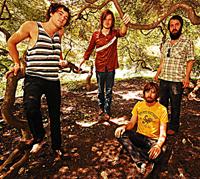 Arbouretum is the band, Kale is the album. It’s a split album done with Pontiak and featuring some John Cale covers, as well as new material.
Arbouretum is the band, Kale is the album. It’s a split album done with Pontiak and featuring some John Cale covers, as well as new material.
Aural States sat down to chat with Arbouretum frontman Dave Heumann about a month ago at the Cylburn Arboretum, of all places. The wind rustling through the trees can be heard in the background on my hand-held recorder.
Also, be sure the check out Arbouretum and Pontiak at the Talking Head on September 5th.
Aural States- The name Arbouretum itself, various images from concert posters, the video for “Mohammed’s Hex and Bounty,” and the fact this interview is being done at Cylburn Arboretum all suggest strong images of nature. Is this consistent with your music?
David Heumann- Well, it’s an aspect to it, I think. It started with the name Arbourteum because we wanted to make music that had an organic flow to it, and that wasn’t too rigid. I think it still is that, but it has changed. It’s gotten for the most part heavier, and louder. As far as the lyrical imagery, and things like that, there can be aspects of the natural world that find their way in there, but it’s not necessarily that way. I mean, it’s also about interpersonal relationships, and relationships between a person and society, things like that. Those kinds of themes happen, even if some of the metaphors used deal with natural imagery. It’s not like we are all about trees, in other words.
AS- I was just thinking of the poster from your most recent Talking Head show. It had that image of the forest and the ferns.
DH- Oh, yea. Well it was really hot that week. I thought that would be a way to get people to go to the show, if going to the show seemed like being in a cool forest in the Pacific Northwest. I thought it was attractive imagery for the circumstances.
AS- Abourteum, at least to my ear, has never completely strayed from the initial folk/rock/psych aesthetic, but there have been style changes over the course of the releases. Is this due to your changing vision, or a function of band members coming and going?
DH- Both. Personnel influences the vision.
AS- I should back up and ask if my assessment of your music is even true?
DH- There is a folk influence, but there are lots of other influences. Like I’d say it’s more of a rock thing. Melodically there is a folk influence, but as far as the performance, I don’t think it is folk, especially in a live set.
Well we have songs that make sense if they were stripped down and played acoustic, they could make sense as folk songs. But the way we play them changes that. We play these songs and melodies with a heavier rock aesthetic, and sort of a chaotic and visceral feel. It becomes something more than that, you can’t really say it’s folk-rock, but at the same time it’s not rock in the sense of The Stooges or the MC5.
AS- What would be some direct influence? They can be musicians, artist, writers, etc.
DH- Well. That’s something that changes a lot. When I was talking about Rites Uncovering, with that album I would cite a couple of writers. I would throw out the names of Paul Bowles, Cormac McCarthy. I haven’t read that much really evocative fiction lately, so I can’t say which writers are influencing the current direction. It’s even harder for me to say what bands are influencing, because I think it becomes too easy when someone says, “Oh, we are influenced by this or that.” Then that is a way for someone not to really think about what the music makes them feel like, and to short cut that in their brain. To say, “Oh, they are tied in with this movement, and this period, but doing a modern version.” If I were to name musical influence, it might have the same effect.
AS- I think that is just a thing music writers like to do to the consternation of the people actually making the music.
DH- Right. One thing I really like about reading reviews in the Wire is they have a tendency to try to not do that. Unless there is a direct lineage, like if they were talking about John Renbourn, and that he was in Pentangle. He was in the band, so you can compare him against that. Other than that, with newer artist, they will try to talk about how the music makes them feel. I think maybe that is more important.
AS- I guess in critical terms that would be called ekphrasis. An example would be Ruskin writing about Turner.
Some of the people you have worked with have been involved in other projects of some significance. When you work with them, do you consciously think of that? Or is it just one musician with another musician in the moment?
DH- If I could be general about it, it depends on how strong that person wants to take that influence with them. I have found that playing with other people that have been in other bands that are very stylistically definitive are looking to express themselves in a different way. I think that is something that should be encouraged, but at the same time being respectful of the experience that person with that other band, because that is all brought into the collective well of experience.
AS- How did you get started in music?
DH- I played piano when I was 12, and guitar when I was 14. After getting the guitar, I wanted to get in a band. I’ve been doing this ever since high school.
AS- What were some musical watershed moments you had early on?
DH- At first, I didn’t really think to be a main singer in a band, but I would do it and sing certain songs. I remember being in a band in high school and the lead singer said, “You should be the singer because you do the best job out of any of us”. It struck me as kind of odd that they would think that, but I was fine with giving it a try and now I’ve fronted a few bands. That was kind of a watershed moment: knowing that I could do something, but only because I was elected to do so.
AS- Was there a self-conscious element that went along with that?
DH- I used to have this thing about not having people watch me sing in the studio.
AS- What is the creative process for you and Arbouretum in general?
DH- In Abouretum, there are times when we’ll jam kind of in a free form way and build upon the best moments from that which, actually, hasn’t happened in a while. There are other times when I have melody ideas that I bring to practice and then we build on them collectively. People get to put in their two cents about the structure or feel and what we’re doing around the melody; how the song should unfold.
AS- When and where do lyrics come into play?
DH- Sometimes when I bring a melody idea into practice and we mess around with it we sort of determine how many verses it should be. You know, a lot of times it’ll be like “What do you think, guys? Should it be three or four verses here? Should we do this couple verses and then go into an instrumental and then go to the end of the song?”. But then I know how long it’s supposed to be and what spaces to fill, so then the words happen after that.
AS- As far as writing lyrics, do you have any influences?
DH- I think there have been influences that people have done, where I could hear lyrics to a certain song and be like “Hey, I like the way so-and-so phrased that” and get a sense of what can be gotten away with. As far as content itself, it usually has to do with ideas or concepts. If we see a movie or something that we’re all inspired by, we might write a song about that. Maybe take meaning from a book and apply it to a life experience…mix that in there. It usually comes from the outside world and other forms of art.
AS- So it’s not the normal singer-songwriter style- writing from personal experiences?
DH- No, not really. If I pull sources out of my own life I mix them up with other things, but never a straight story. It may be something that’s infused with a certain feeling that is from my own life but the particulars and context are always different and switched around. Sometimes a song could apply to a couple very different situations or experiences I’ve had but I’m kind of mingling them together. I could never go up to someone and say “This song’s about you”. It’s far more complex than that.
AS- I was always told that good writing should have a multiplicity of meanings. It should be universal enough that everyone thinks it applies to a certain situation.
How does the creative process differ for something like Human Bell?
DH- Human Bell is two people that each have fifty percent of it. Sometimes we have a drummer that applies some input too. Arbouretum is me and then there’s a collective. I kind of catalyze things, but everyone is there to bounce ideas off of and get their input. The raw material comes from me and then we shape it collectively.
AS- Rites of Uncovering is a pretty strong title for your album. Could that be applied to the creative process as well?
DH- I had never thought about it that way, but I could see how it would apply. In its original context in the song, I think it was meant as uncovering truth. It could also mean to uncover an idea or a memory, sure.
AS- Arbouretum, and bands like Arbouretum have lyrics that are very ripe with meaning. How do you feel about people reading their own meaning into things?
DH- Oh, I don’t mind.
AS- What about being labeled with a certain influence?
DH- Yeah, usually winds up being a band I’ve never heard of. I guess it’s whatever helps them connect with the music, as long as it’s not used in a derogatory way. Even then, I guess they’re entitled to their own opinion.
AS- A little more about previous collaborations…Do you approach them as completely different than Arbouretum?
DH- Definitely. Human Bell operates according to it’s own rules and so does Television Hill, where Television Hill I’m there to play a specific role as the lead guitarist. I do what the guys do in Arbouretum, adding my input. You know, “I think this needs to be changed on the four count”. The Anomoanon, which hasn’t performed in quite a while, allowed me to play a different role there. Whatever’s appropriate to make the music happen is usually the role I play.
AS- Are you from Baltimore?
DH- I was born in the Chicago area, but moved to Baltimore when I was really young. I’ve lived here ever since. I grew up in Baltimore County area towards Cockeysville.
AS- It’s funny, you know, people play that game “Oh, you’re from Baltimore- Do you know this or that person? What high school did you go to”, but I won’t get into that.
I don’t know how to generalize these bands, but performers like Wye Oak, Pontiak, Arbouretum, seem to sit close to each other and sort of cross-pollinate. Do you agree?
DH- Arbouretum has done a lot with Pontiak. We’re also touring with them and are signed under the same record label. We have done this new thing, Kale. That’s coming out. Jenn Wasner sings back up on that. Pontiak also has a kin-ship with Wye Oak. I can specifically say that there are things between Arbouretum and Pontiak that overlap stylistically, but it also has a lot to do with people being friends with each other. We toured with Beach House also. There are more subtle ways in which that music converges. We had a great tour with them in Europe.
AS- You guys are playing all together tomorrow? A family gathering? (ed. note- this would have been the July 4th gathering)
DH- Just kind of a party in a field, I’d say.
AS- It seems like there’s a loud partier music in Baltimore that is represented in Wham City and is the a flipside of contemplative music. Would you say you fall into that latter category?
DH- I think the music may have a certain aspect of that, but I don’t think people react to it that way at all. I would say it is very dynamic. It’s really cool that the people involved in Wham City, especially Dan Deacon are such open-minded people. I think people think of it as being a particular aesthetic, and there are common threads that run through these bands. I think it is more of the people just being friends and they all have similarities in what they want to hear. I think it is nice that we’ve been asked to play at Whartscape. They have been really inviting. Even though they’re inclusive, they’re still willing to share. It’s not just about them and their friends. I don’t think anyone has that attitude.
AS- How did Kale come about?
DH- Van approached me about doing a split single. And I thought it was really cool. I said, “Why don’t each of us cover a song?” And we agreed to name it Kale. I was in Chicago at a party we played and mentioned it to Bettina, who runs the label. Her reaction was “I gotta hear the other band first, but I’m into the idea. Why don’t you make it a 12-inch, though, because I don’t think I could sell a split single”. I brought that up to Van and we decided we would have original songs and John Cale songs. For us, we did one John Cale song and two original songs. They did two original songs, one John Cale song that was pretty long and another that was fairly short. It all came out to be the same amount.
Related posts
- Countdown to Whartscape: T-6 Arbouretum (Dave Heumann)Continuing in our series of Whartscape mini-terviews, next up is...
- Arbouretum Live @ the Talking HeadArbouretum The Talking Head Baltimore, MD June 4, 2008 Source:...
- Arbouretum/Pontiak – Kale Split 12″ LP (Thrill Jockey)Arbouretum & Pontiak play the Talking Head this Friday, Sept...
- Arbouretum, Pontiak, Blake e/e/e @ the Talking HeadLive audio is up for Arbouretum here and Pontiak here,...
- Sound Off!: ArbouretumArbouretum’s Long Live the Well-Doer starts off with some stereotypically...





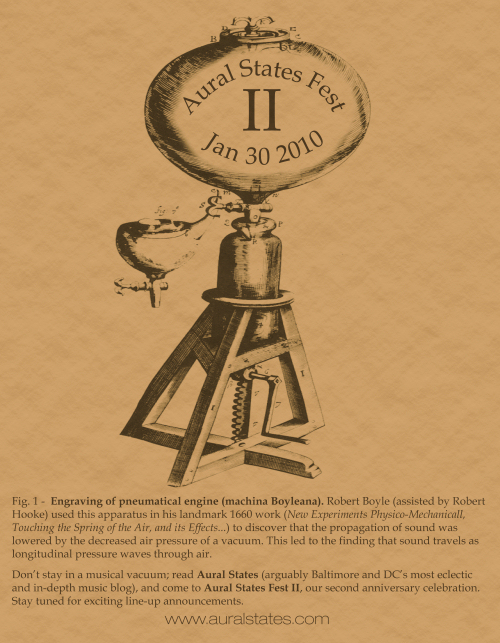
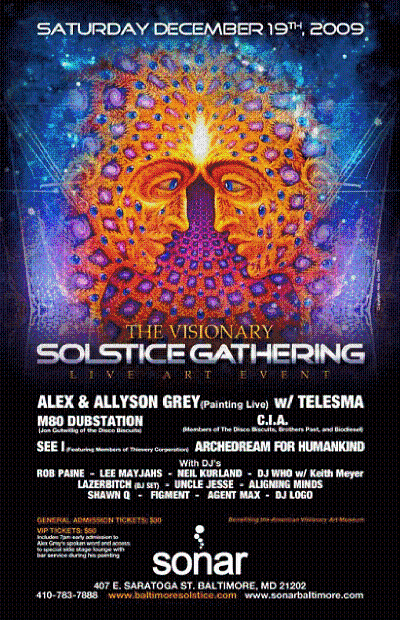









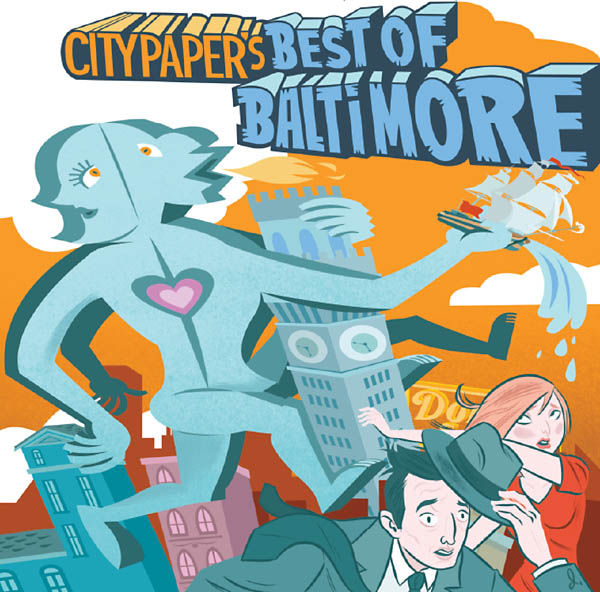
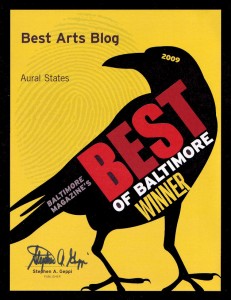


 Double Dagger: Masks EP
Double Dagger: Masks EP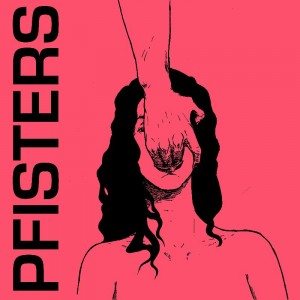 Pfisters: Narcicity
Pfisters: Narcicity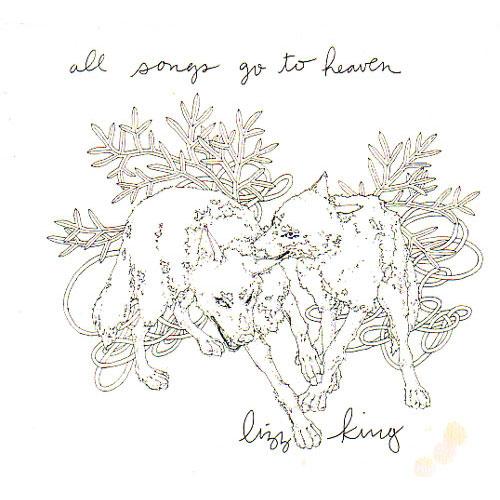 Lizz King: All Songs Go To Heaven
Lizz King: All Songs Go To Heaven Imperial China: Phosphenes
Imperial China: Phosphenes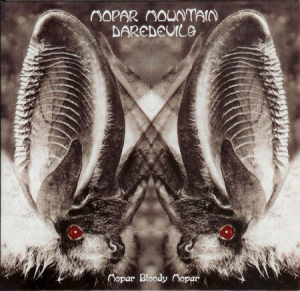 Mopar Mountain Daredevils: Mopar Bloody Mopar
Mopar Mountain Daredevils: Mopar Bloody Mopar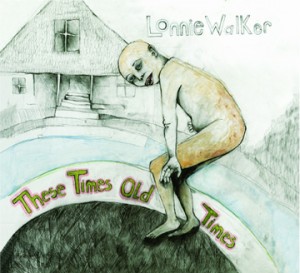 Lonnie Walker: These Times, Old Times
Lonnie Walker: These Times, Old Times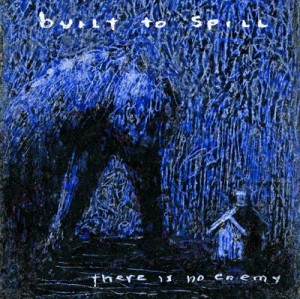 Built to Spill: There Is No Enemy
Built to Spill: There Is No Enemy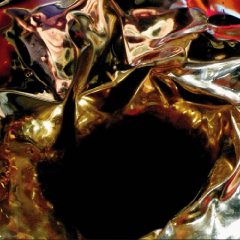 Hypnotic Brass Ensemble: Hypnotic Brass Ensemble
Hypnotic Brass Ensemble: Hypnotic Brass Ensemble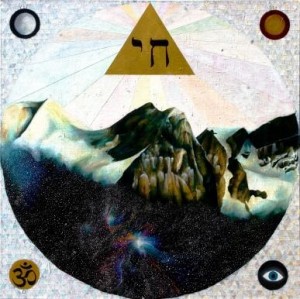 Secret Mountains: Kaddish EP
Secret Mountains: Kaddish EP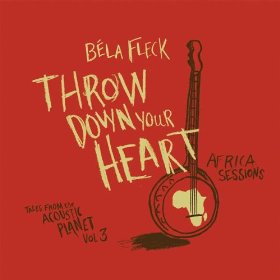 Bela Fleck: Throw Down Your Heart: Tales From the Acoustic Planet, Vol. 3 -Africa Sessions
Bela Fleck: Throw Down Your Heart: Tales From the Acoustic Planet, Vol. 3 -Africa Sessions Lands & Peoples: Lands & Peoples EP
Lands & Peoples: Lands & Peoples EP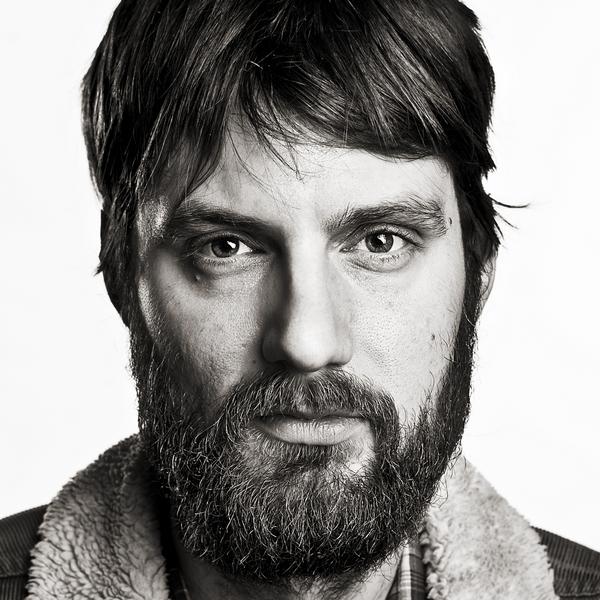 Caleb Stine: Eyes So Strong and Clean
Caleb Stine: Eyes So Strong and Clean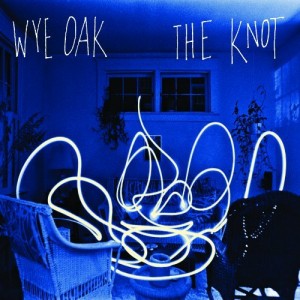 Wye Oak: The Knot
Wye Oak: The Knot Pontiak: Maker
Pontiak: Maker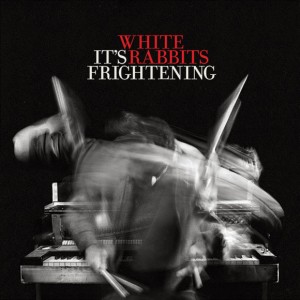 White Rabbits: It's Frightening
White Rabbits: It's Frightening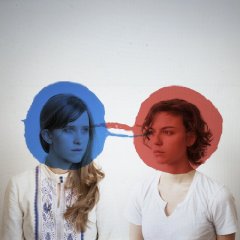 Dirty Projectors: Bitte Orca
Dirty Projectors: Bitte Orca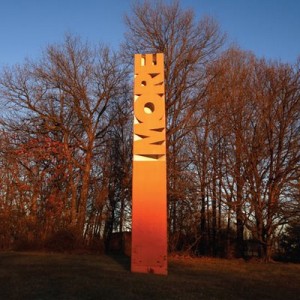 Double Dagger: More
Double Dagger: More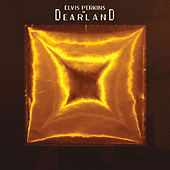 Elvis Perkins in Dearland: Elvis Perkins in Dearland
Elvis Perkins in Dearland: Elvis Perkins in Dearland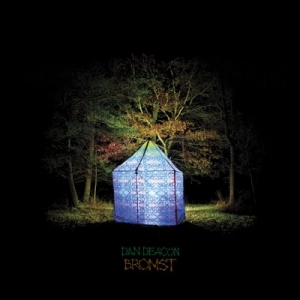 Dan Deacon: Bromst
Dan Deacon: Bromst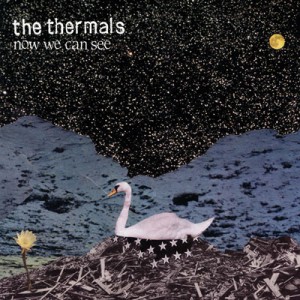 The Thermals: Now We Can See
The Thermals: Now We Can See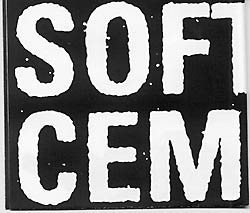 Soft Cement: Think About It EP
Soft Cement: Think About It EP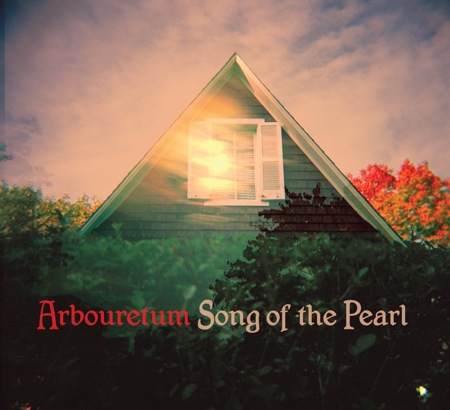 Arbouretum: Song of the Pearl
Arbouretum: Song of the Pearl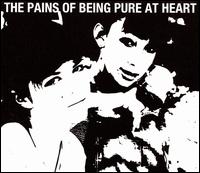 The Pains of Being Pure at Heart: The Pains of Being Pure at Heart
The Pains of Being Pure at Heart: The Pains of Being Pure at Heart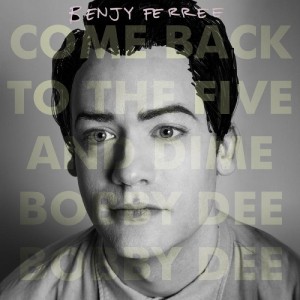 Benjy Ferree: Come Back to the Five and Dime, Bobby Dee Bobby Dee
Benjy Ferree: Come Back to the Five and Dime, Bobby Dee Bobby Dee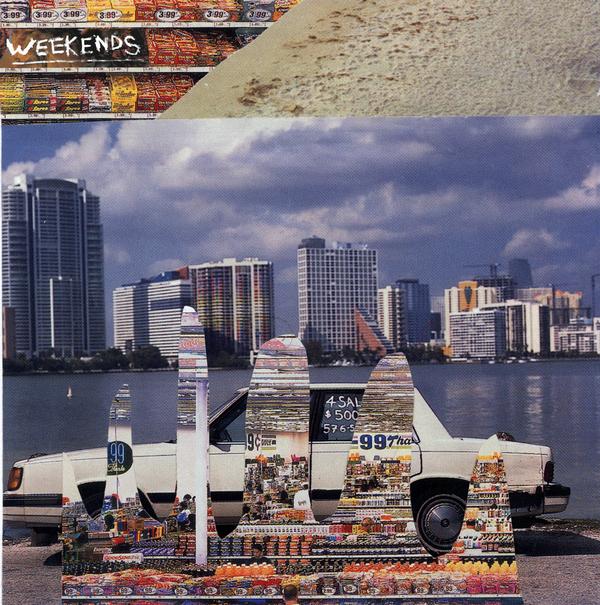 Weekends: Weekends
Weekends: Weekends Height With Friends: Baltimore Highlands 12" LP, Limited-Run Vinyl Only
Height With Friends: Baltimore Highlands 12" LP, Limited-Run Vinyl Only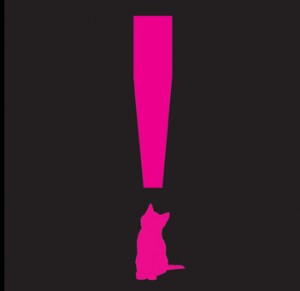 Caverns: Kittens! EP
Caverns: Kittens! EP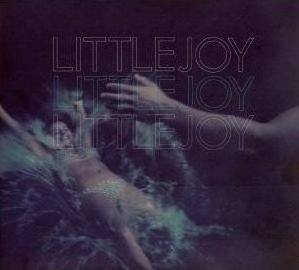 Little Joy: Little Joy
Little Joy: Little Joy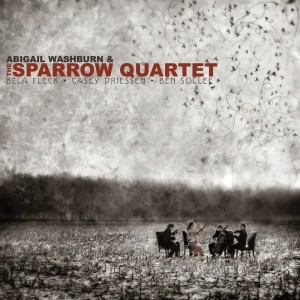 Abigail Washburn & the Sparrow Quartet:Abigail Washburn & the Sparrow Quartet
Abigail Washburn & the Sparrow Quartet:Abigail Washburn & the Sparrow Quartet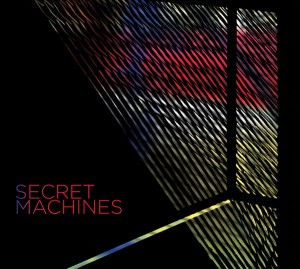 The Secret Machines: Secret Machines
The Secret Machines: Secret Machines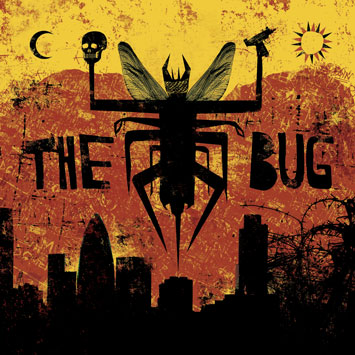 The Bug: LondonZoo
The Bug: LondonZoo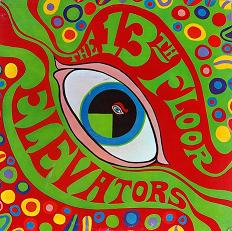 13th Floor Elevators: Psychedelic Sounds of the 13th Floor Elevators (Vinyl Mono LP only)
13th Floor Elevators: Psychedelic Sounds of the 13th Floor Elevators (Vinyl Mono LP only)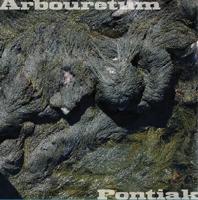 Arbouretum/Pontiak: Kale (Vinyl LP only)
Arbouretum/Pontiak: Kale (Vinyl LP only) Small Sur: We Live in Houses Made of Wood
Small Sur: We Live in Houses Made of Wood AbeVigoda: Skeleton
AbeVigoda: Skeleton ImperialChina: Methods: EP
ImperialChina: Methods: EP
Two thoughts- black type over dark gray makes a large portion of this really hard to read. And the woman who owns Thrill Jockey is named Bettina. Just weighin’ in, you know…
But thanks for putting it up here!
Thanks for pointing out those errors. Should be all cleaned up now. I have no clue how the black type came up.
Arbouretum is badass!